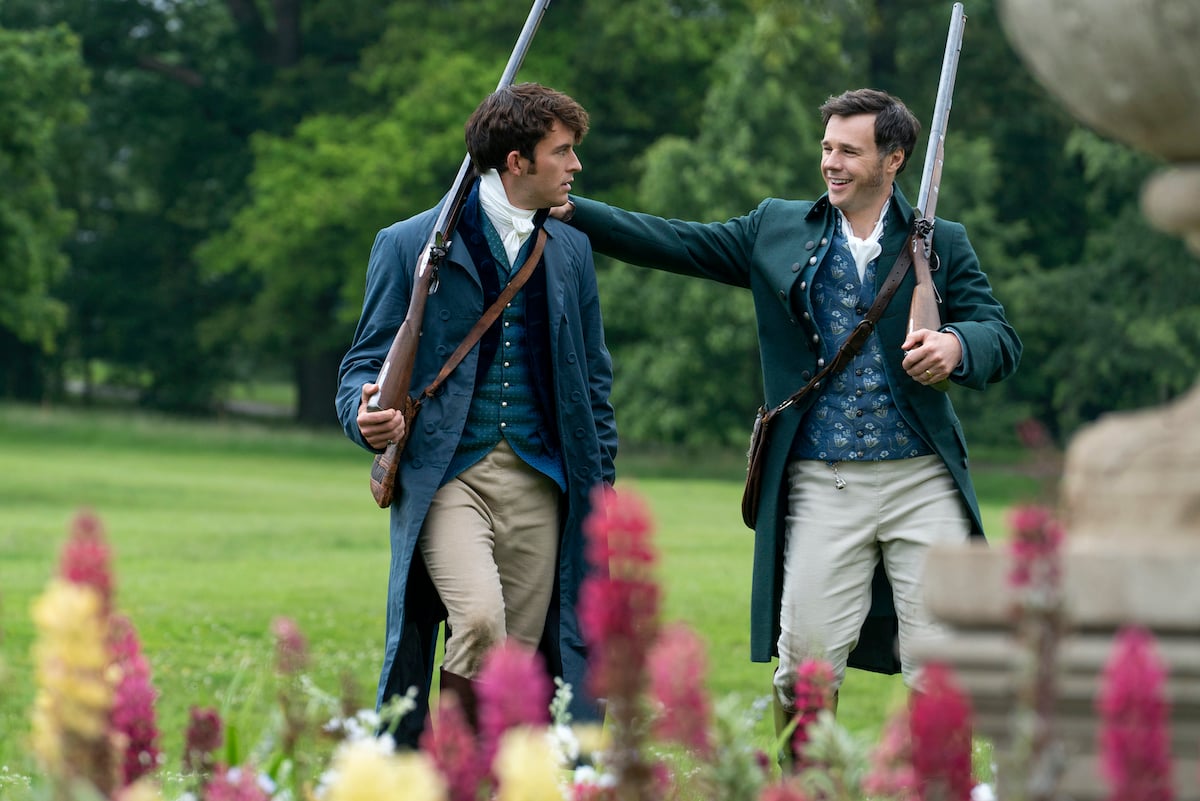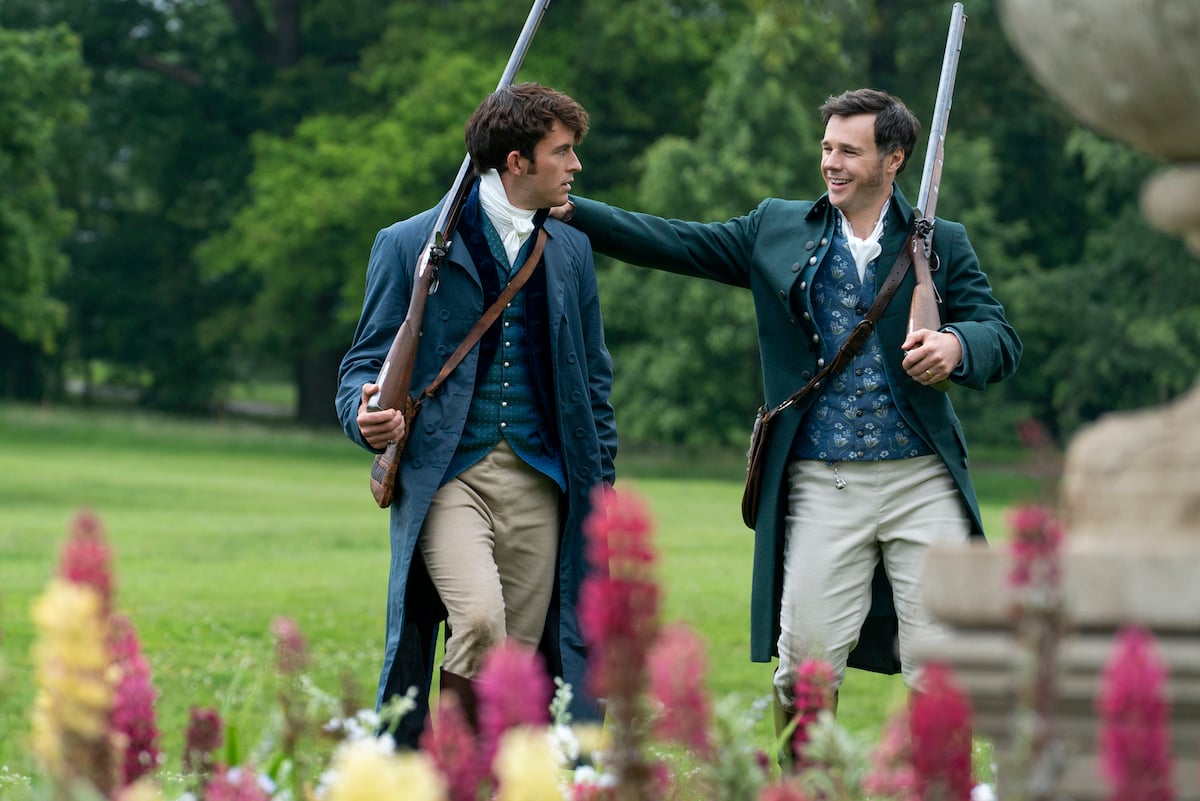
‘Bridgerton’: How the Bridgerton Family Makes Their Money and Where Their Wealth Comes From
Netflix’s Bridgerton is based on the bestselling romance novel series by Julia Quinn and tells the story of the lives of the eight children of the late Viscount Bridgerton. Throughout the TV series and the books, we follow the eight siblings as they navigate the demands of London’s upper class in search of love and marriage.

In the Netflix show, the Bridgerton family owns several grand mansions and is able to host glamorous events. That has made fans curious about how the family makes their money and where their wealth comes from.
How does the Bridgerton family make their money?
The Bridgertons are among the most influential families in the Ton, mainly because of their immense fortune. The family is sufficiently wealthy that the younger brothers did not have to join the military, or the clergy, or become lawyers as was customary in their era. Additionally, the Bridgerton girls have dowries sufficient to attract men of high social standing.
According to the Bridgerton books, the Bridgerton family makes money from investments and rental properties. The family has also amassed generational wealth, and their careful wealth planning has enabled the Bridgerton siblings to live luxurious lives without working, even though their father died.
The Netflix show does not deeply address how the Bridgerton family makes their money, but fans have come up with some theories. One Reddit user said, “They own a very large estate that is tenanted, they would earn money from rents, but also from income from what is produced on the estate. Also, they would have invested the money wisely. Large estates in those days could earn a substantial living.”
Anthony Bridgerton, as the viscount, is in charge of the Bridgerton family finances
Anthony Bridgerton is the head of the Bridgerton family in his role as the current and ninth Viscount Bridgerton. In the first two seasons of Bridgerton, we see how Anthony struggles to handle his family’s financial affairs and retain a stellar reputation in the face of intense social competition.
In his role as a viscount, Anthony is responsible for managing the family’s estate, including the tenants and investments made by previous viscounts. In the first episode of Bridgerton Season 2, Anthony explains that the hard frost that year meant he couldn’t plant anything in a field since the soil was so depleted of nutrients.
The other three Bridgerton sons would usually pursue careers such as becoming a clergyman or joining the military. However, given that Bridgerton is a romantic show/book, they have fantastical jobs—Benedict is an artist, Colin is a writer, and Gregory is a farmer.
What does history suggest could be the source of the Bridgerton family’s wealth?
According to Julia Quinn’s website, the events of Bridgerton take place between 1813 and 1827, placing them squarely within the Regency era of the early 1800s. History Extra defines the Regency era as the years 1811-1820 when King George III of Great Britain and Ireland was incapacitated due to sickness.
One striking feature of this era is that the wealthy didn’t get rich through hard work. A large portion of the Ton’s actual wealth during the Regency period was amassed through either slavery or other forms of colonialism.
Although the British government outlawed the trade of enslaved people internationally in 1807, this did not immediately lead to a reduction in British involvement in industries that relied on the labor of the enslaved and colonized people. Landowners in the UK continued to profit from exporting raw products, including cotton, sugar, coffee, wood, and metals, from their holdings in foreign countries.
So while slavery and colonialism are not addressed in Bridgerton, it is safe to assume that a family that wealthy in real life would have somehow been involved in colonialism and enslaving people.


